What another poor harvest means for the UK
The three worst harvests on record have occurred in the past five years
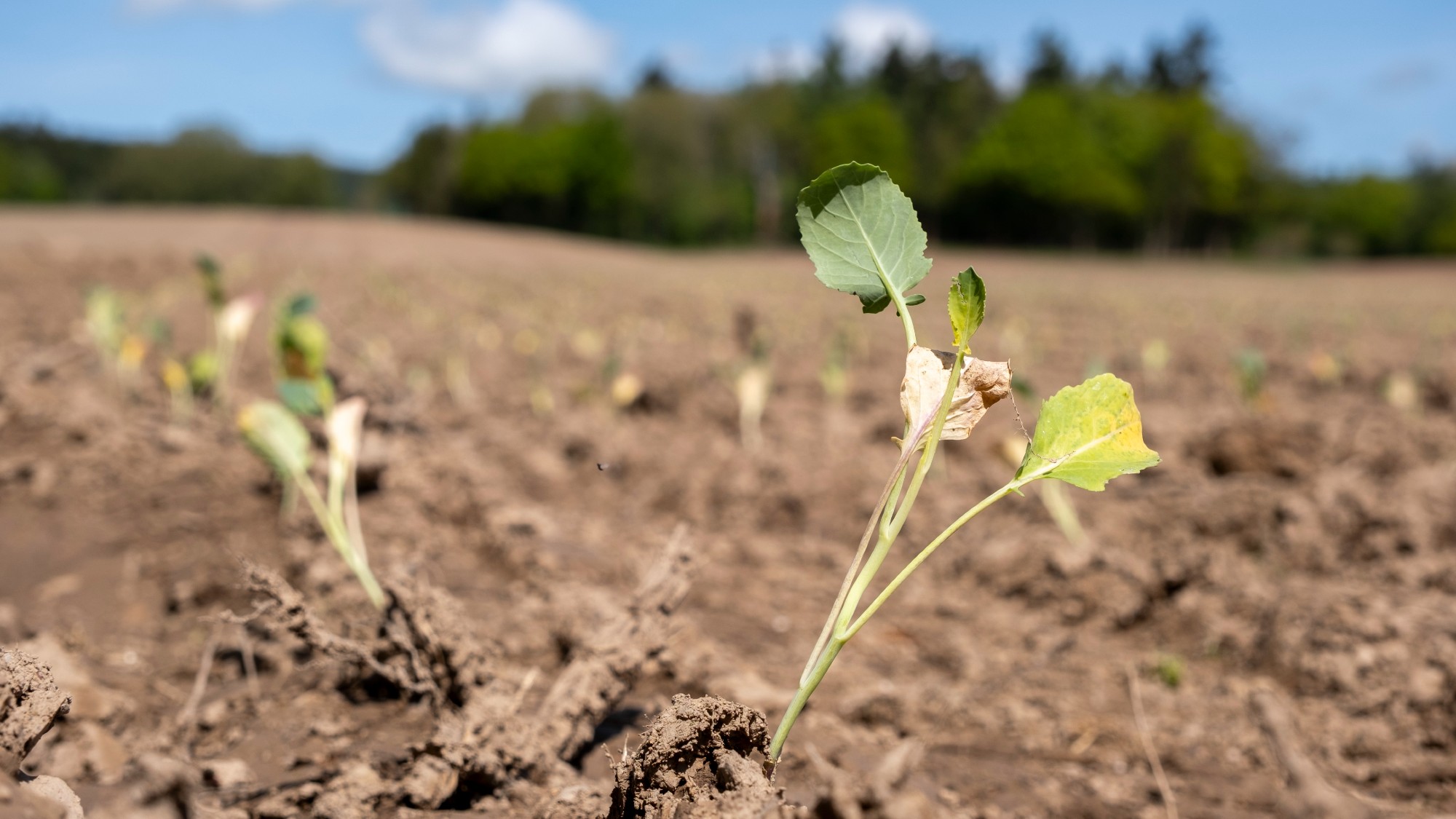
A free daily email with the biggest news stories of the day – and the best features from TheWeek.com
You are now subscribed
Your newsletter sign-up was successful
“The nation’s harvest is in trouble – again,” said The Independent, and it’s not just farmers who should be concerned.
The 2025 harvest was the second worst on record, after 2020, with 2024 in third place, according to the Department for Environment, Food and Rural Affairs.
How bad is it?
During the summer, Jeremy Clarkson, who runs the Diddly Squat farm in Oxfordshire, warned in the summer that this year’s harvest was on track to be “catastrophic”, said The Telegraph. He wasn’t far off.
The Week
Escape your echo chamber. Get the facts behind the news, plus analysis from multiple perspectives.

Sign up for The Week's Free Newsletters
From our morning news briefing to a weekly Good News Newsletter, get the best of The Week delivered directly to your inbox.
From our morning news briefing to a weekly Good News Newsletter, get the best of The Week delivered directly to your inbox.
The Agriculture and Horticulture Development Board estimated yields of 7.6 tonnes per hectare for wheat, 6.7 tonnes for winter barley, 5.8 tonnes for spring barley, 5.2 tonnes for oats and 3.7 tonnes for oilseed rape, said the Press Association. However, actual yields were lower: 7.0 tonnes for wheat, 6.5 tonnes for winter barley, 5.0 tonnes for spring barley, 4.6 tonnes for oats and 3.5 tonnes for oilseed rape.
Potato farmers in particular have been bit by “one of the driest potato growing seasons in living memory”, said Farmers Weekly. When temperatures hit the “high 20s and low 30s”, potato plants begin to “shut down”, although there was an upside for some farmers because the dry conditions “meant fewer disease and pest issues”.
Why is this happening?
Months of “scorching heat followed by sudden deluges” mean that Britain’s farmers are “watching once-reliable crops wither, shrivel or rot in the ground”, said The Independent. The “pattern of the year” has been that “crops have come early, caused by the unusually dry and sunny weather beginning in March and April” – the “hottest spring in a century”.
All of this tells a “story of escalating climate impacts that farmers are unable to cope with”, said Tom Lancaster, an analyst at the Energy and Climate Intelligence Unit. This is what “farming with climate change looks like, as extreme weather wrecks harvests, hits farm incomes and reduces our food security”.
A free daily email with the biggest news stories of the day – and the best features from TheWeek.com
An “increasingly unpredictable climate and extreme weather” are “making it much harder to produce food”, Jamie Burrows from the National Farmers’ Union told the Press Association. While last year’s harvest was marked by heavy rain and flooding, this year it was drought: these twin extremes show that “growing crops in the UK is increasingly challenging”.
How are we feeling the effects?
The “climate crisis” is “hitting farmers hard” and “ultimately impacting UK supermarket shelves and the food we put on our tables”, Philip Evans from Greenpeace UK, told The Independent. Poor harvests make our domestic food chain less secure and could in turn lead to a rise in prices for consumers.
Recent agricultural challenges are a reminder that “the food on our plates begins in fields at the mercy of a changing climate”. That change is “not distant, not theoretical – but happening now, in every loaf of bread, every pint of cider and every punnet of strawberries that ripened too soon”.
Chas Newkey-Burden has been part of The Week Digital team for more than a decade and a journalist for 25 years, starting out on the irreverent football weekly 90 Minutes, before moving to lifestyle magazines Loaded and Attitude. He was a columnist for The Big Issue and landed a world exclusive with David Beckham that became the weekly magazine’s bestselling issue. He now writes regularly for The Guardian, The Telegraph, The Independent, Metro, FourFourTwo and the i new site. He is also the author of a number of non-fiction books.
-
 Nuuk becomes ground zero for Greenland’s diplomatic straits
Nuuk becomes ground zero for Greenland’s diplomatic straitsIN THE SPOTLIGHT A flurry of new consular activity in the remote Danish protectorate shows how important Greenland has become to Europeans’ anxiety about American imperialism
-
 ‘This is something that happens all too often’
‘This is something that happens all too often’Instant Opinion Opinion, comment and editorials of the day
-
 House votes to end Trump’s Canada tariffs
House votes to end Trump’s Canada tariffsSpeed Read Six Republicans joined with Democrats to repeal the president’s tariffs
-
 David Attenborough at 99: a 'radical' voice for climate action
David Attenborough at 99: a 'radical' voice for climate actionIn The Spotlight In his new film 'Ocean', TV's best-known naturalist delivers his strongest message yet
-
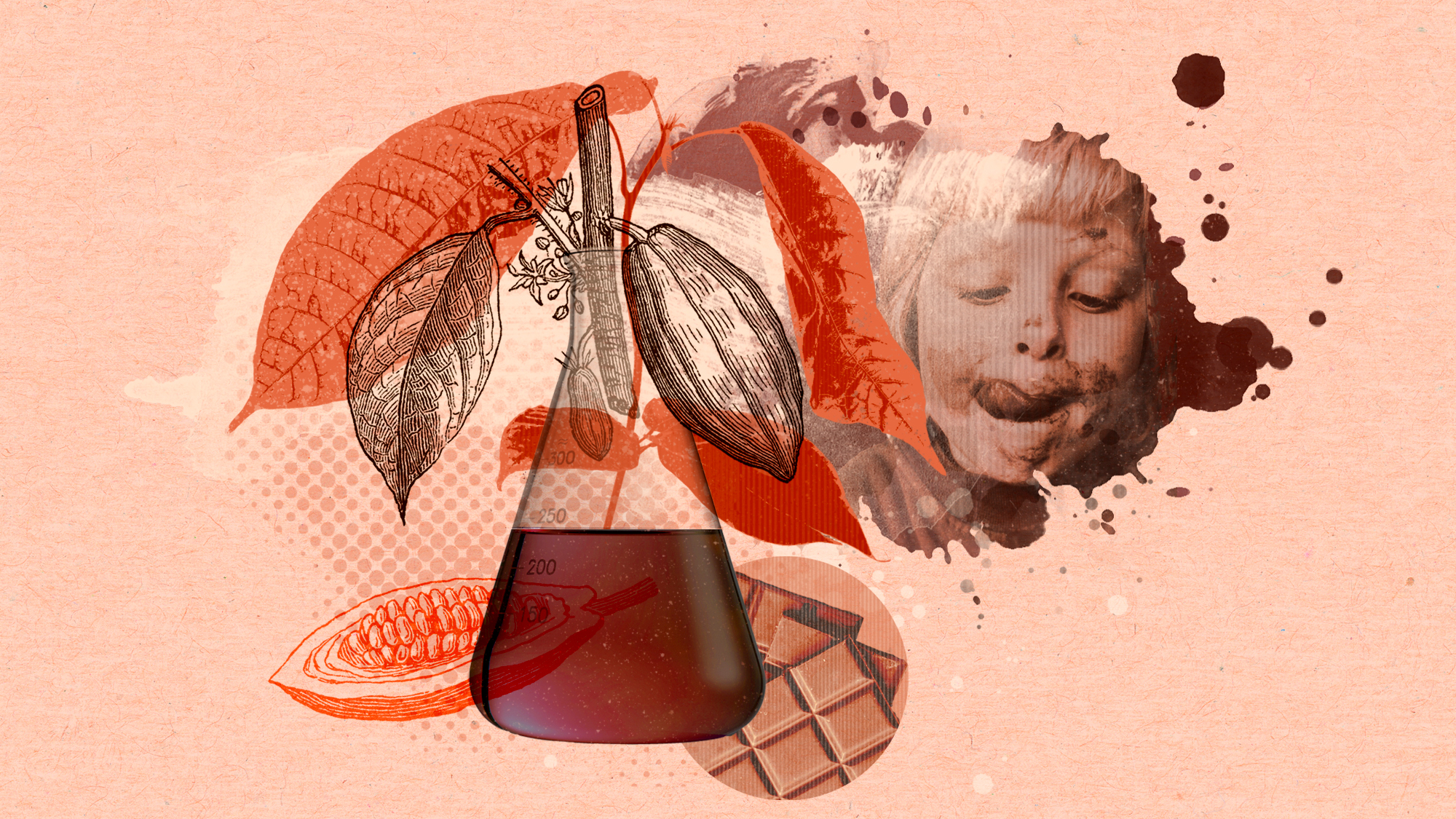 The secrets of lab-grown chocolate
The secrets of lab-grown chocolateUnder The Radar Chocolate created 'in a Petri dish' could save crisis-hit industry
-
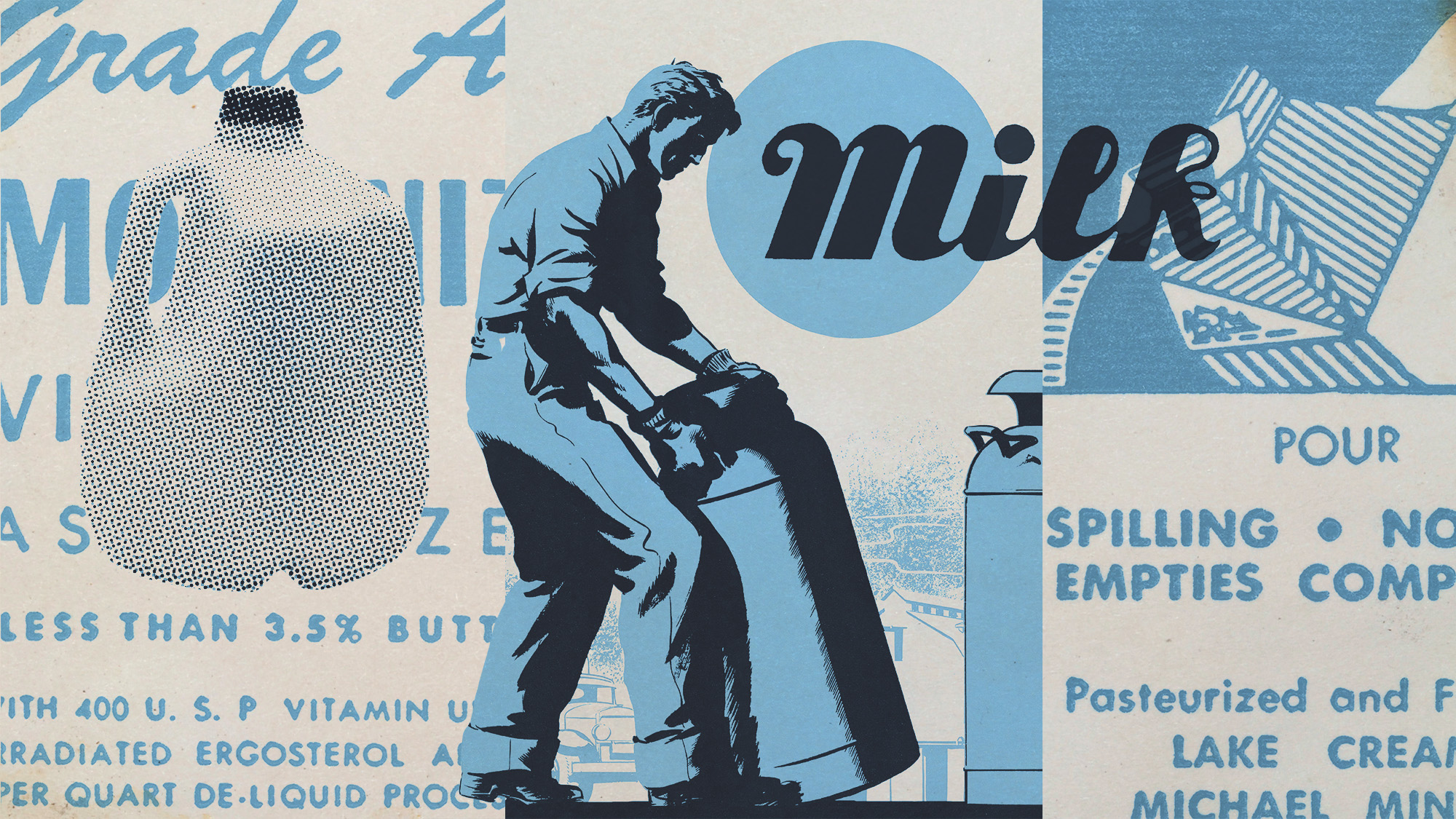 Dairy milk, once maligned, is making a comeback
Dairy milk, once maligned, is making a comebackUnder the Radar Sales of dairy milk were up 2% in 2024
-
 Kyoto: 'total thrill ride' explores pivotal climate change conference
Kyoto: 'total thrill ride' explores pivotal climate change conferenceThe Week Recommends Play centres on 'cut-throat diplomacy' surrounding the United Nations
-
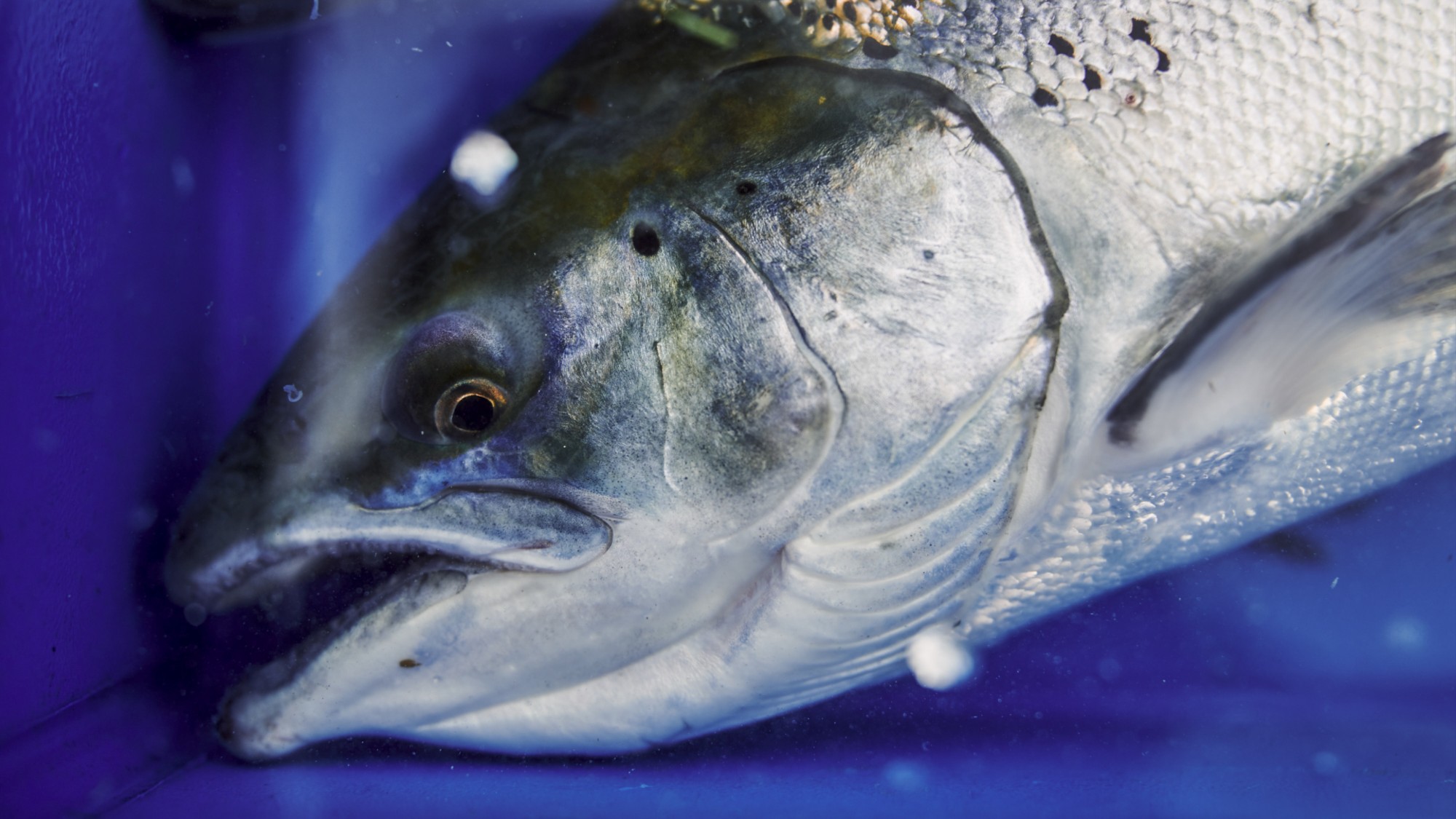 The dark side of salmon farming
The dark side of salmon farmingIn the Spotlight Scottish salmon is the UK's biggest global food export, but concern is growing over record-high death rates, escapes and environmental impact
-
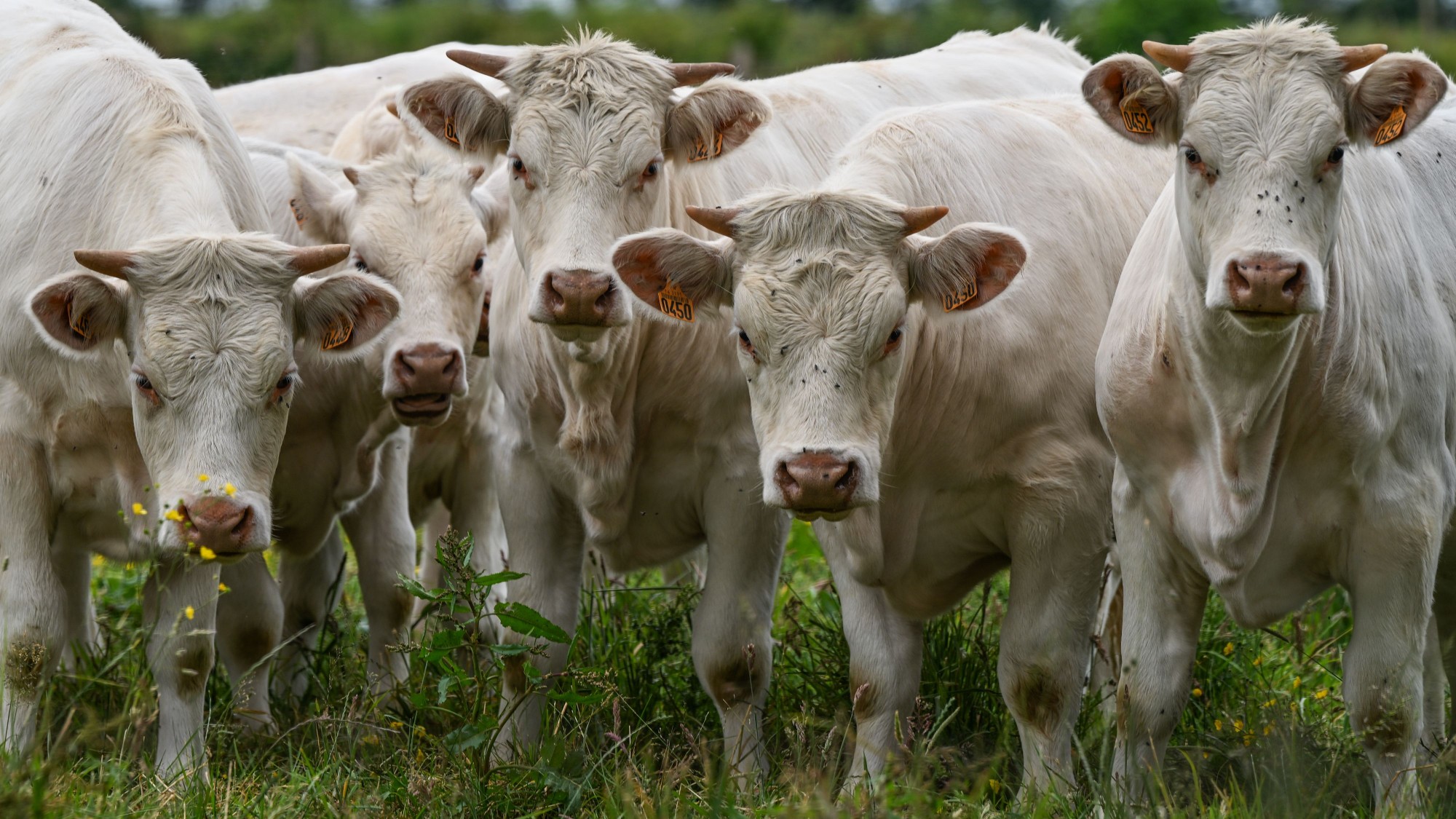 Bovaer: the new dairy additive prompting boycotts and conspiracy theories
Bovaer: the new dairy additive prompting boycotts and conspiracy theoriesIn The Spotlight Manufacturer says it wants to reduce methane emissions from cows but social media criticism has grown
-
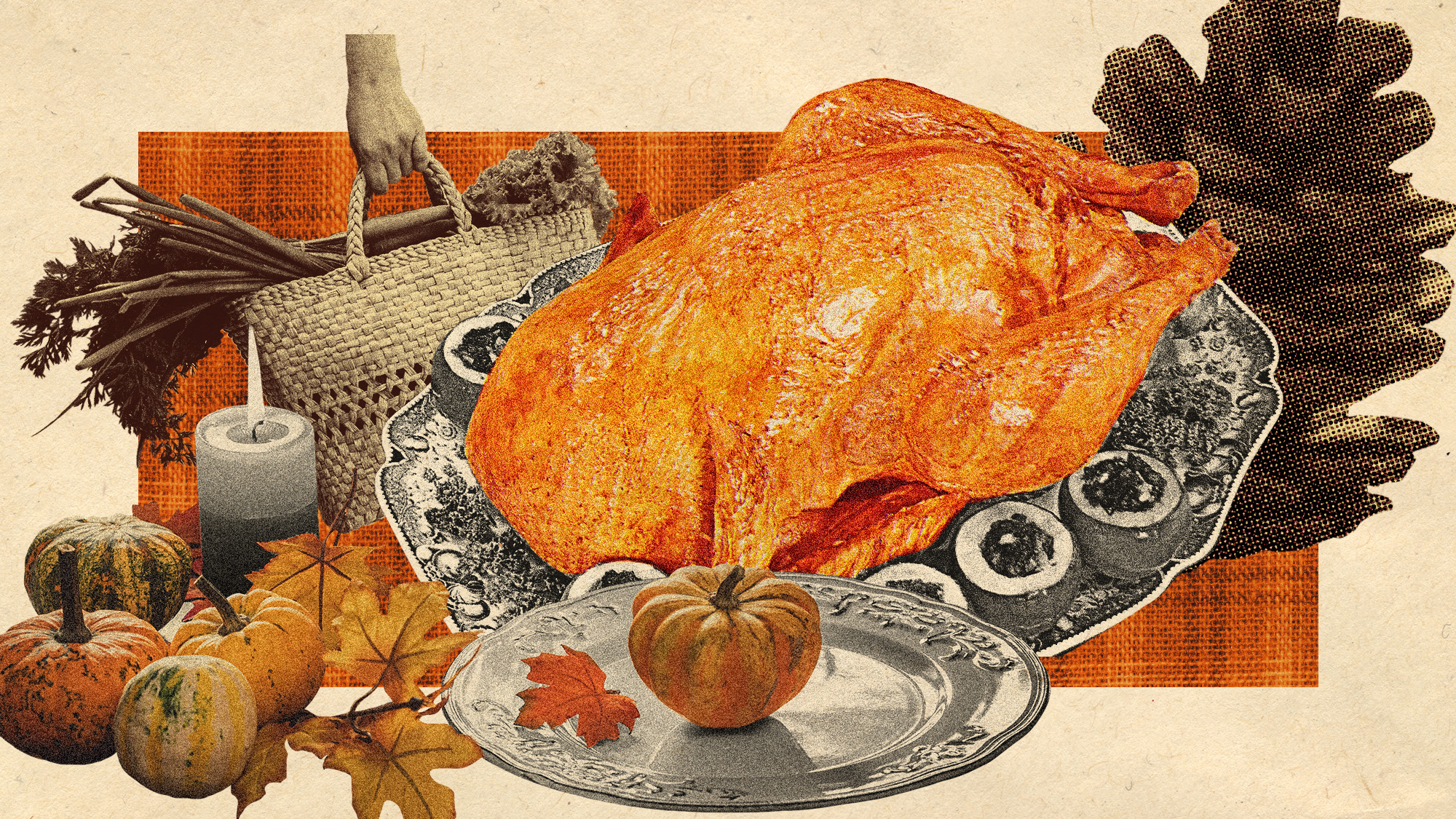 4 tips for hosting an ecofriendly Thanksgiving
4 tips for hosting an ecofriendly ThanksgivingThe Week Recommends Coming together for the holidays typically produces a ton of waste, but with proper preparation, you can have an environmentally friendly gathering.
-
 The Grand Tour: One For The Road – a trip down memory lane
The Grand Tour: One For The Road – a trip down memory laneThe Week Recommends Our 'gouty trio' bow out after 21 years together with banter, breakdowns, and efforts not to blub